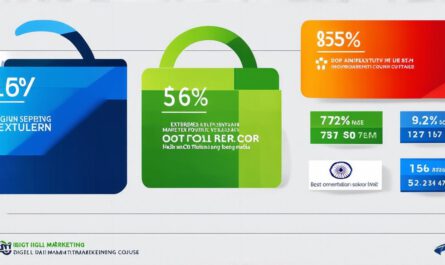Are you searching for a character design company that can transform your ideas into visually captivating characters? At ServReality, we specialize in delivering top-notch character design services that bring your projects to life. Whether you’re working on a video game, animated series, or digital content, our team of experienced designers is ready to create characters that will captivate and engage your audience.
Why ServReality is the Perfect Choice for Character Design
At ServReality, we believe that character design is more than just art—it’s about storytelling, emotion, and creating connections with your audience. Here’s why we are the ideal partner for your character design needs:
- Expert Designers: Our team consists of highly skilled artists with a deep understanding of character creation across various styles and genres. From concept to completion, we ensure that every character we design is not only visually stunning but also aligns with your project’s vision.
- Custom-Tailored Solutions: We know that every project is unique. That’s why we offer personalized design solutions that cater to your specific needs and preferences, ensuring that your characters stand out in the digital world.
- Attention to Detail: We take pride in our meticulous attention to detail. Every aspect of your character—from facial expressions to clothing and accessories—is crafted with care to create a cohesive and engaging design.
- Collaborative Process: We value your input and work closely with you throughout the design process. Our collaborative approach ensures that the final character designs perfectly capture your vision and meet your expectations.
- Versatile Capabilities: Whether you need characters for a fantasy world, a futuristic sci-fi universe, or a contemporary setting, our designers have the versatility to bring any concept to life.
Our Commitment to Excellence in Character Design
At ServReality, we are dedicated to delivering character designs that not only look incredible but also resonate with your target audience. We understand the importance of creating characters that drive engagement and leave a lasting impression. Our commitment to quality and innovation ensures that your characters will be a memorable part of your project.
Ready to bring your characters to life with ServReality? Visit our https://servreality.com/ to explore our services and discover how we can help you achieve your creative goals.


